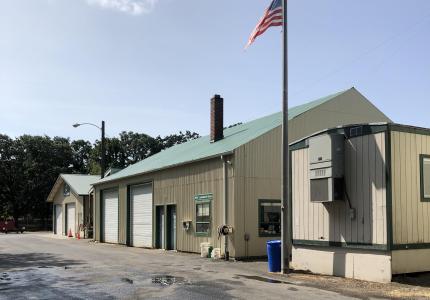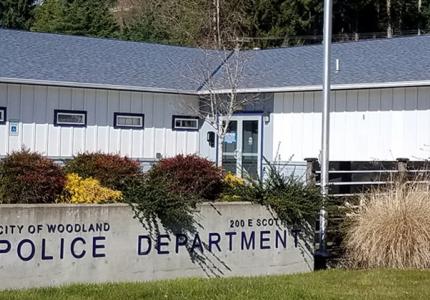Government 101
What is Woodland's Form of Government?
Woodland has a mayor-council form of government. The City of Woodland was incorporated on March 26, 1906 and operates under the laws of the State of Washington applicable to optional code cities (Title 35A RCW). In this form of local government, the mayor has executive power providing the day to day administrative functions, as well as presiding as chair person at city council meetings. The seven member city council sets policies and implements legislation through regularly scheduled council meetings and by serving on council committees. These policies and legislation, also known as resolutions and ordinances, ensure the city functions efficiently and effectively.
Woodland is also served by several boards and commissions that play an advisory role to the city council. Local citizens are able to play an active role in their government by serving as a board or commission member.
Citizens can volunteer to serve on Woodland’s boards and commissions by submitting an application to the Clerk-Treasurer’s office when there are vacancies. Citizens may also run for public office during election years. The mayor is elected to a four year term while the city council members are elected to staggered four year terms. Registered voters may cast their vote during election years.
City of Woodland's Boards and Commissions
Civil Service Commission
Horseshoe Lake Management Committee
Parks & Recreation Board
Planning Commission
Woodland's boards and commissions allow the citizens to participate in city government by: advising the Mayor and City Council, ensuring public input, addressing city needs, serving as a liaison, reviewing projects, and conducting public hearings.
Who does what?
The Mayor Is the executive branch serving as the chief executive and administrative officer of the city who is ultimately in charge of all city departments and employees. The mayor also ensures that applicable ordinances and regulations are enforced and that the law and order are maintained in the city. The mayor presides over all meetings of the city council, reports to the council concerning financial and other needs of the city, and makes recommendations for council consideration and action. The mayor is the official and ceremonial head of the city, coordinating day-to-day activities.
The City Administrator is the official hired by the city to assist the mayor in overseeing the day-to-day management of city business under the direction of the Mayor.
The City Council is the legislative or policy-making branch and consists of seven members elected at large to staggered four-year terms. The city council has all the powers delegated by the state constitution which are not specifically denied by state law. Woodland operates as a noncharter code city. The primary responsibility of the council is to act as elected representatives of the citizens of the city and to legislate and set policies for the effective functioning of city government. With that in mind, the council's goal is to be open and available to the citizens so that fair and equitable legislation will be adopted and realistic policies approved. Each of the seven council members also serves on council committees providing liaisons to all city departments, boards, and various organizations throughout the city.
Click here to view our Current City Council Members
What is the Purpose of a Council meeting?
Woodland City Council meetings are held in city hall on the 1st and 3rd Monday’s of each month at 7 p.m. Council meetings are the city's business meeting. Special meetings/ workshops are as scheduled, but generally on the 2nd Monday of each month. City council business includes review and approval of contracts, agreements, to present and to pass new policies (ordinances and resolutions), and to hear committee and departmental reports. Other business items may include: approving city real estate transactions, approving fees and charges, and confirming city department heads and volunteer boards and commissions members.




